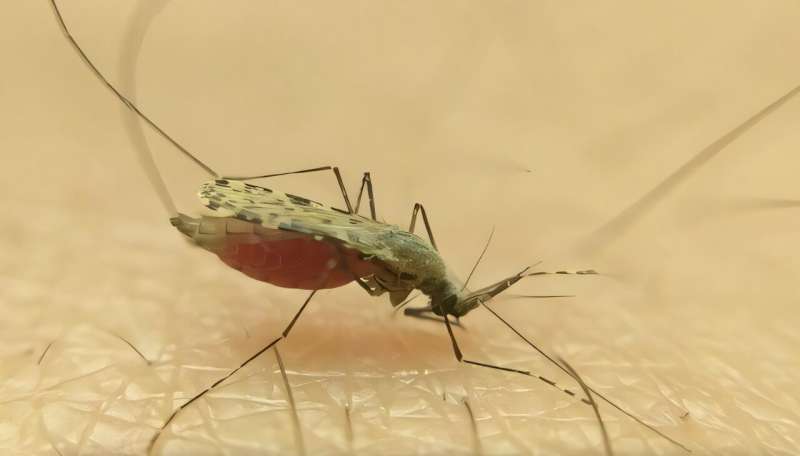Mukurweini member of parliament (MP) John Kaguchia has drafted a Bill for tabling at the National Assembly, seeking to make male circumcision compulsory in Kenya.
According to the Mukurweini MP, making male circumcision compulsory will help reduce the prevalence of sexually transmitted diseases in the country.
“Implementing compulsory male circumcision can lead to a significant reduction in the incidences of HIV, HPV and other STDs thereby lowering healthcare costs associated with their treatment and long term management.
“Moreover, a decline in STDs prevalence contributes to a healthier workforce, improved productivity and enhanced societal well-being,” read part of the draft Bill.

The bill also proposes the banning of traditional circumcision while promoting medically supervised circumcision.
READ ALSO: Five boys lose lives from circumcision-related complications
Kaguchia is seeking to transform male circumcision from being a cultural practice to being a mandatory public health requirement.
“The introduction of medically supervised male circumcision between birth and 18 years of age will contribute significantly to a healthier, safer and more prosperous society for all,” the MP noted in the Bill.
The Bill is likely to encounter resistance since male circumcision is typically determined by culture, ethnicity and religion of different communities in Kenya.
READ ALSO: Circumcision: Three initiates shot dead
However, Kaguchia has defended the Bill, explaining that it won’t interfere with cultural activities associated with circumcision in different communities.
He explained that the cutting of the foreskin is done medically after which communities are allowed to continue with traditional ceremonies associated with circumcision.
The MP explained that initially, some boys have sustained serious injuries during traditional circumcision that was done by traditional circumcisers, hence the need to involve medical experts in the process.
“Medical professionals will be able to access individual cases and ensure that those with specific health concerns are treated with appropriate caution,” read part of the Bill.
READ ALSO: FGM cases still prevalent in remote areas of West Pokot
According to the Center for Disease Control and Prevention (CDC), male circumcision reduces the risk of getting HIV through sexual intercourse by between 50 to 60 percent.
Data from clinical trials show that male circumcision helps to lower risk of getting syphilis by 42 percent, according to the CDC.
Studies have also proved that male circumcision reduces risk of penile cancer and cervical cancer in women.
Additionally, the World Health Organization (WHO) also recommends male circumcision as one way of reducing HIV infections.











